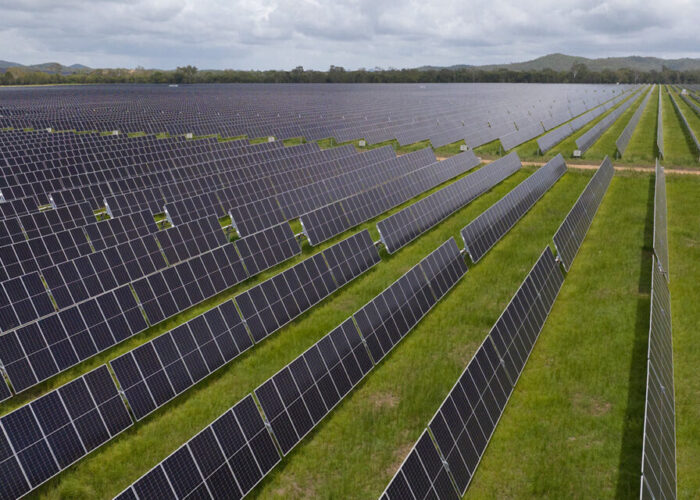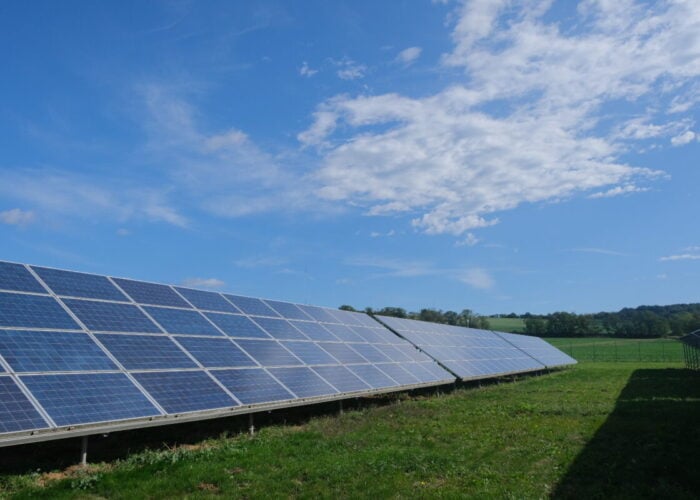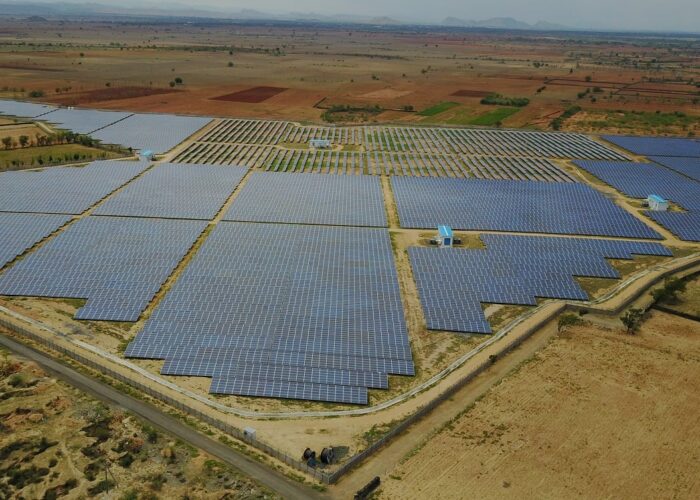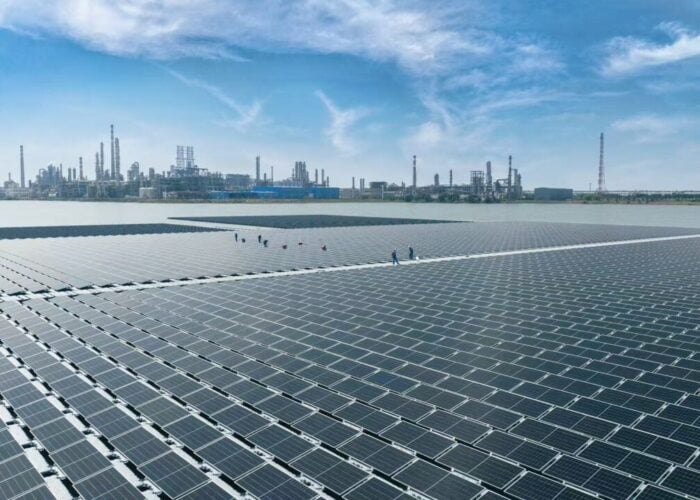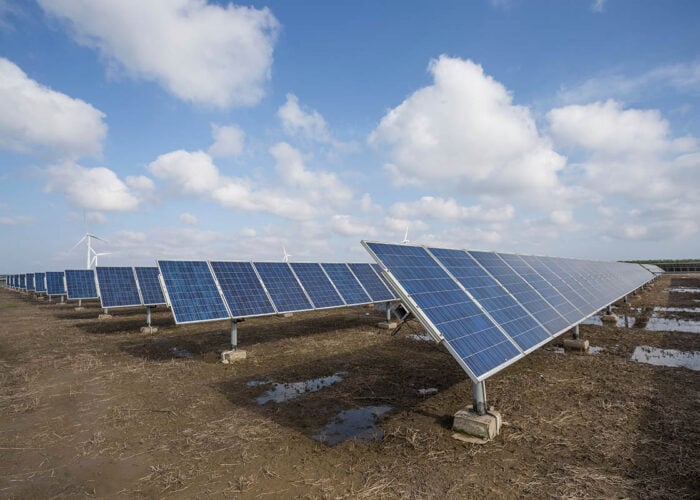The chief executive of Photon Energy, the PV developer founded in the Czech Republic, has spoken out strongly against the solar levy recently approved in the lower house of the Czech parliament.
Responding to last week's development, Georg Hotar described the country as “one of the world’s Banana Republics” and said that “the European Commission is looking the other way while bona fide investors in renewable energy assets are getting robbed in broad daylight”.
Unlock unlimited access for 12 whole months of distinctive global analysis
Photovoltaics International is now included.
- Regular insight and analysis of the industry’s biggest developments
- In-depth interviews with the industry’s leading figures
- Unlimited digital access to the PV Tech Power journal catalogue
- Unlimited digital access to the Photovoltaics International journal catalogue
- Access to more than 1,000 technical papers
- Discounts on Solar Media’s portfolio of events, in-person and virtual
Photon Energy, which holds 14.2MWp of PV plant capacity in the Czech Republic believes that Photon Energy Investments, the company’s Czech subsidy, would have to write down the value of its solar PV portfolio in the country by €5.25 million (US$7 million).
As reported by PV Tech last week, the measures, which must gain approval in the senate and be signed by the president of the Czech Republic to become law, would see renewable energy facilities that become operational after 31 December 2013 no longer receiving any support, including the feed-in tariff.
The measures would also see a ‘solar levy’ originally applied to PV plants connected in 2010 extended to apply until the end of the current feed-in tariff period. This follows a 26% solar tax, applicable to plants connected in 2009 and 2010, with the 26% tax becoming law in 2010 and levied retrospectively from 2011 until 2013. The Czech government has justified the proposed legislation as a measure to limit growth in consumer energy prices.
Hotar accused the Czech Republic of effectively “stealing some €650 million (US$870 million) from investors over six years”.
A compensation claim has already been brought by members of the International Photovoltaic Investors Club (IPVIC) in May against the Czech government over the 26% retrospective levy, a case which is still ongoing.
Czech Parliament is expected to be dissolved today, following the resignation of the prime minister Jiri Rusnok and his entire cabinet. Dissolution of parliament will force the requirement for a general election to take place within 60 days.
Speaking to PV Tech, Jan Krcmar of Photon Energy in Prague said that while the president who introduced the bill has been ousted, the lower house was more than willing to put the bill through for approval by the senate.
According to Krcmar, action available to Photon at present is limited to lobbying the senate in the hope that the bill will not be passed, although the company appears resigned to the opinion that it will most likely become law.
Beyond that, Photon, which is not itself a member of the International Photvoltaic Investors’ Club, would have to wait to see the outcome of the earlier compensation claim brought by the club before assessing the available options. According to Krcmar the entire process could take years.
Krcmar explained that for the PV industry, the Czech Republic was proving extremely unpredictable, with no explanation given for the 10% rate being levied, he said.
Krcmar spoke of a year-long “smear campaign” running in the Czech media and from politicians that dubbed solar energy producers “solar barons” that had had a deeply negative effect on the popular view of solar power. He also explained that in Photon Energy’s view, the government approach was too unpredictable. A recycling fee for PV modules was also applied from late June, with registration documents issued on the same day the fees were applied.
When asked if Photon Energy would remain in the Czech Republic, Krcmar explained that as Photon was founded in Prague, and still has operational power plants as well as a limited pipeline of smaller projects in the Czech Republic, Photon’s offices in the country would not be closing in the immediate future.
However in terms of strategy, he said Photon would avoid markets like the Czech Republic which are unpredictable and rely on state support, seeking markets where grid parity had been achieved instead – with the exception of countries such as the US, where the political situation is stable enough. It was for this reason that the company decided not to invest in Romania earlier this year.
Krcmar said that Photon Energy remained committed to building as much as it can in the Czech Republic until the bill is passed.

